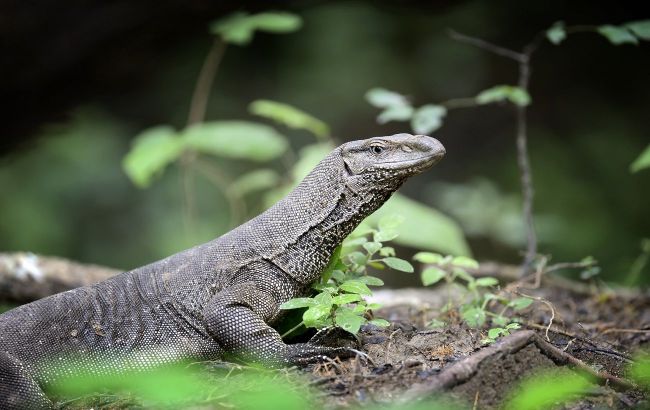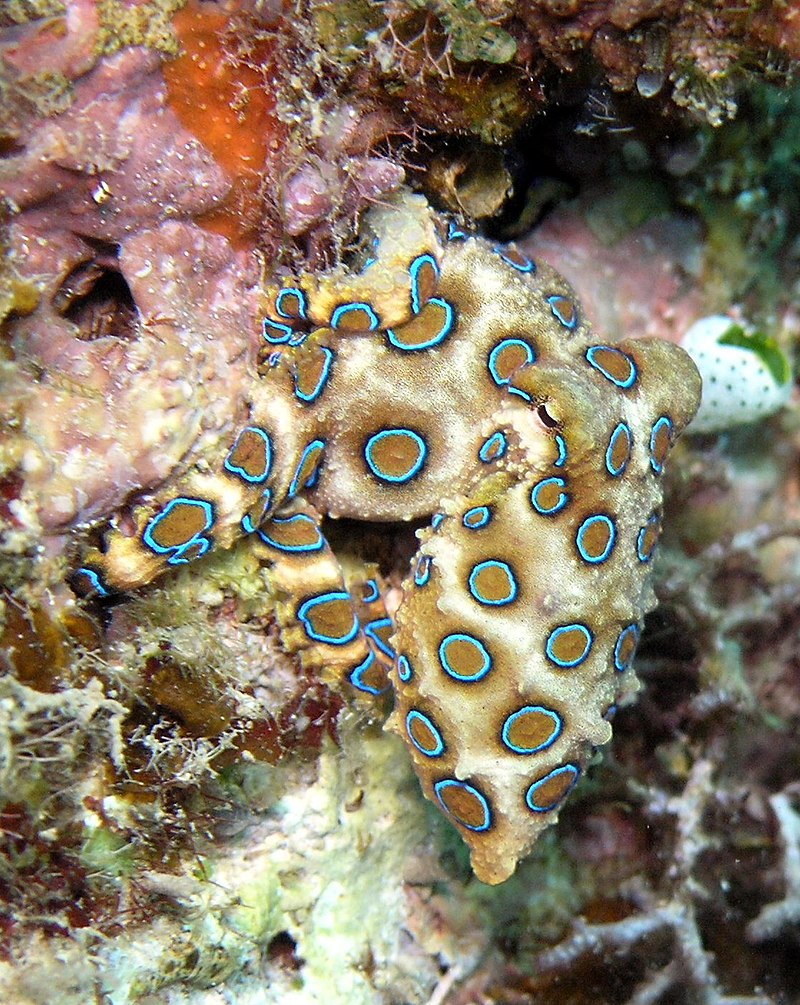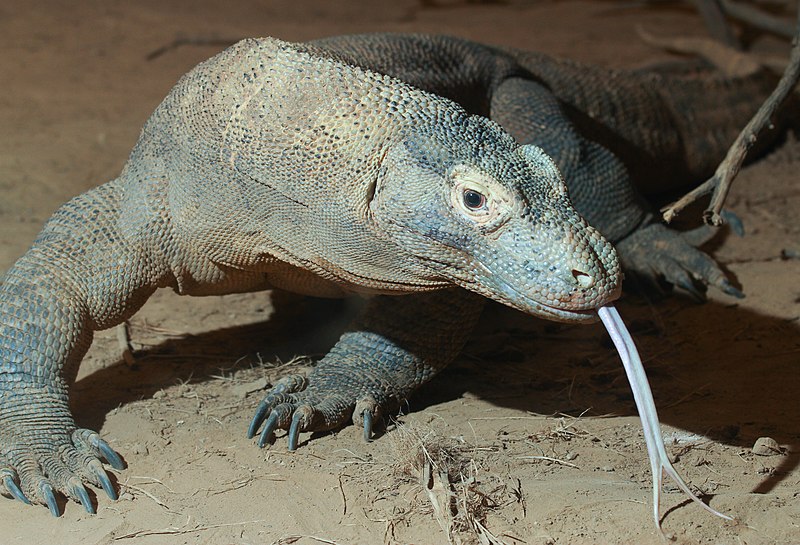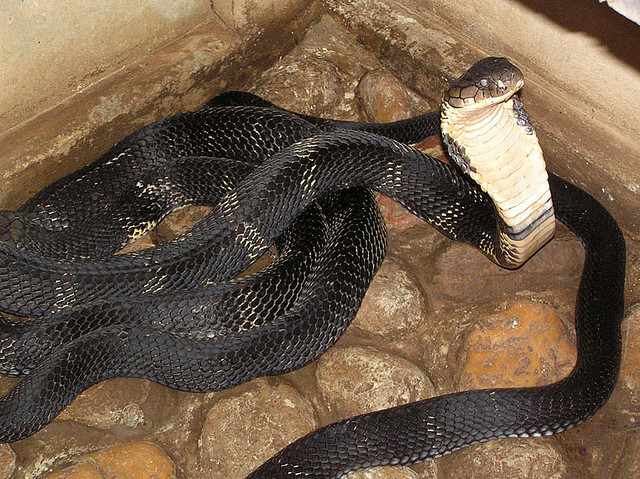5 most poisonous animals in the world
 Dangerous and most poisonous animals (photo: freepik.com)
Dangerous and most poisonous animals (photo: freepik.com)
Dangerous animals have always evoked fascination and fear in people. Their venom can cause intense pain, paralysis, or even death.
Black mamba
The black mamba (Dendroaspis polylepis) is the longest venomous snake in Africa, reaching lengths of up to 2.5 meters. According to National Geographic, it also ranks among the fastest snakes in the world, able to reach speeds of up to 5 meters per second.
A bite from a black mamba is extremely dangerous and almost always results in death without immediate medical intervention. An adult snake can deliver between 12 to 20 drops of venom with its fangs, and just two drops are sufficient to kill a human.
.jpg)
Black mamba (photo: Wikipedia)
Blue-ringed octopus
The blue-ringed octopus is a small but incredibly dangerous creature belonging to the family Hapalochlaena. This octopus has four main species: the more extraordinary blue-ringed octopus, the southern blue-ringed octopus, the blue-lined octopus, and the common blue-ringed octopus. All of them can fit in the palm of a human hand.
They contain a potent neurotoxin capable of paralyzing their prey and can kill a human in just a few minutes. Unfortunately, there is no known antidote, making them even more dangerous.
These octopuses derive their name from the bright-colored rings that appear when they feel threatened or prepare to release their venom, warning potential predators of the danger.

Blue-ringed octopus (photo: Wikipedia)
Komodo dragon
The Komodo dragon (Varanus komodoensis) is the most giant lizard on the planet, capable of reaching lengths of up to 3 meters. In addition, Komodo dragons possess venom glands in their lower jaws that secrete toxins.
This venom induces shock in the victim and prevents blood coagulation, leading to death. Notably, Komodo dragons are closely related to Megalania (Varanus priscus). These massive, extinct species could reach lengths of 7 meters, making it the largest venomous animal in history.

Komodo dragon (photo: Wikipedia)
Brazilian wandering spider
Brazilian wandering spiders are known for their venom and unique toxins that affect the neuromuscular system. A bite from this spider causes burning pain, sweating, and a sensation of tingling on the skin.
Serious symptoms may arise about 30 minutes after a bite, such as seizures, blurred vision, and rapid or slowed heart rate. Fatalities from bites by Brazilian wandering spiders are pretty rare; since 1903, only 15 deaths have been reported in Brazil.
_por_Rodrigo_Tetsuo_Argenton_(4)_2.jpg)
Wandering spiders (photo: Wikipedia)
King cobra
King cobras (Ophiophagus hannah) are the longest venomous snakes, reaching lengths up to 5.5 meters. They impress not only with their size but also with their unique behavior: when threatened, these snakes raise their heads and flare the skin around their heads, demonstrating their danger.
Although the king cobra is not considered the most venomous snake, it can inject a significant amount of venom in a single bite. These snakes typically strike multiple times during an attack, increasing the likelihood of envenomation. A single bite can be fatal to a human in as little as 15 minutes.

King cobra (photo: Wikipedia)
Earlier, we discussed the top 5 cutest animals that win hearts with their charm.
Also, we previously released the top 6 animals that will become the worst pets.
Sources: Live Science, National Geographic.

